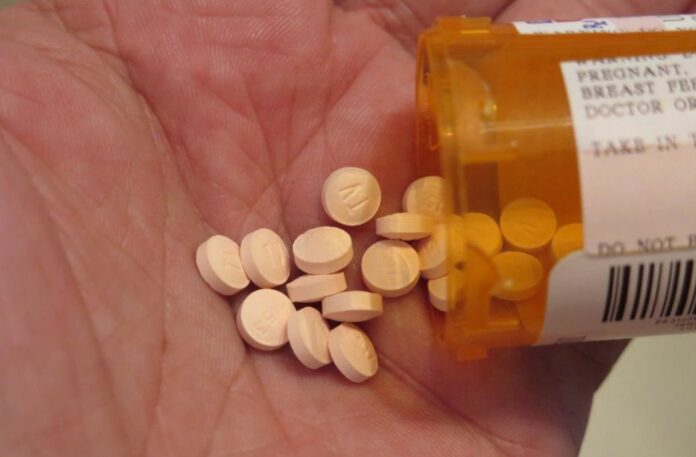One American dies every 34 seconds from heart disease, which makes it the leading cause of death in the country and the world. Those at high risk of a heart attack can benefit from taking statins because they decrease blood levels of bad cholesterol.
Despite being touted as a miracle pill that individuals over 50 should be consuming, and despite its widespread recommendation for heart disease, many people remain at an elevated risk of experiencing a heart attack or stroke.
To find out more, researchers at Brigham and Women’s Hospital, a founding institution of the Mass General Brigham healthcare system, recently carried out a population-based study on patients who had statins prescribed to them in order to lower their LDL (“bad”) cholesterol levels.
And what they found?
According to the research, more than 20% of individuals at a high risk of developing cardiovascular disease declined to take statins.
They were especially shocked to see that women were twice as likely as men to reject statin prescription when it was initially recommended by their doctor and twice as likely to never accept the advice.
The research also found that all patients who rejected statin treatment had increased LDL (“bad”) cholesterol levels, raising their risk even more.
The findings were published in JAMA Network Open today.
Alex Turchin from Harvard Medical School says that the findings of their study show “the alarming number of patients who refuse statins,” and also indicate “that physicians must have discussions with patients about why.”
“We need to better understand what our patients’ preferences are and to be able to provide more patient-centered care.”
Noticing that many of his patients with high cholesterol, including those with diabetes, were choosing not to take safe and effective medications like statins that can lower cholesterol and reduce the risk of heart attack and stroke, Turchin developed a system to analyze provider notes in order to study the phenomenon more closely.
The research focused on high-risk individuals who had a history of stroke, diabetes, extremely high cholesterol, coronary artery disease, or vascular illness.
All of them were prescribed statins by their doctors to lower their cholesterol and risk of heart attack and stroke.
More than 24,000 patients who visited Mass General Brigham between January 1, 2000, and December 31, 2018, were included in the retrospective analysis.
“Even in this higher-risk patient population, so many people did not accept statin therapy,” Turchin adds.
Two-thirds of patients who were advised statin therapy actually attempted it, while one-third never did, according to the research.
The individuals who initially declined to take statin medications to lower their LDL cholesterol levels took three times longer to achieve a level of less than 100 compared to those who initially agreed to take the medication, according to the study’s findings.
The most surprising finding of the research was the much greater percentage of rejection among women compared to males. Turchin and his colleagues speculate that this may be attributable, in part, to the widespread but wrong belief that males are disproportionately affected by cardiovascular disease.
In the end, Turchin adds, “ultimately, we need to talk to our patients and find out in more detail why they would prefer not to take statins,”
He is now investigating how patients’ refusal to take statins affects their risk of mortality, heart attack, and stroke.
He thinks “people underestimate how much of a difference modern medicine has made in extending people’s lives, and their quality of life, and medications can play a big role in that.”
Image Credit: MediaNews Group/Reading Eagle via Getty Images
